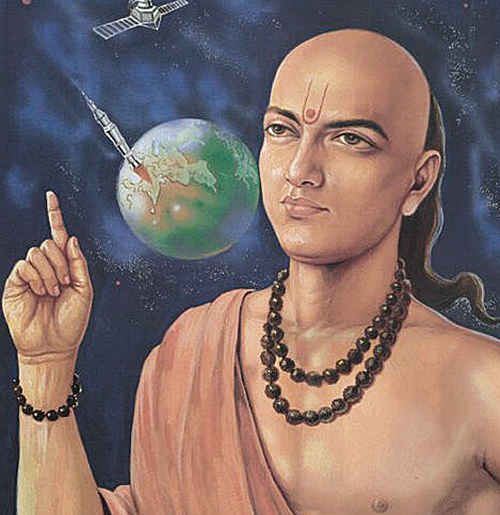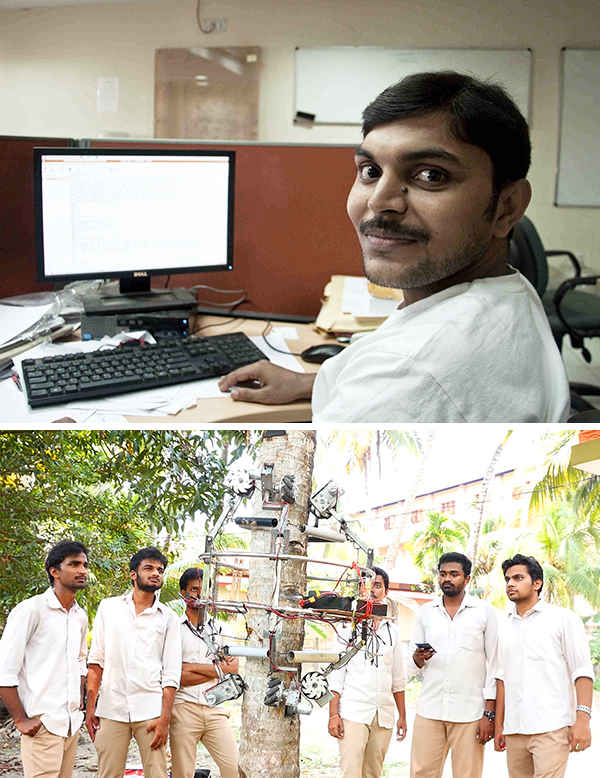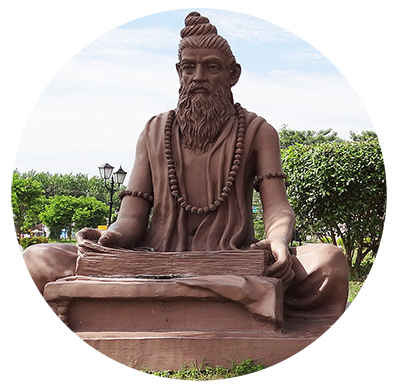Why are Indians so smart?

Historical Background
India has a rich history of intellectual achievement dating back thousands of years. Ancient Indian civilizations, example: the Indus Valley Civilization, were known for their advanced urban planning, architecture, and engineering.

Ancient Indian scholars made significant contributions to mathematics, astronomy, medicine, and literature.
For example, the concept of zero was developed in India by mathematician Aryabhata, and the ancient text “Sushruta Samhita” is one of the earliest works on surgery and medicine.
Educational Systems
Rigorous Education System
India’s education system places a strong emphasis on academic achievement from a young age. The rigorous curriculum in schools, which includes subjects like mathematics, science, and languages, helps develop analytical and problem-solving skills.
Competitive Exams
The competitive nature of Indian education, particularly through exams like the Indian Institutes of Technology (IIT) Joint Entrance Examination (JEE) and the All India Institute of Medical Sciences (AIIMS) entrance exam, pushes students to excel academically. These exams are highly challenging, and preparing for them requires intense study and discipline.
Emphasis on STEM
There is a strong cultural emphasis on Science, Technology, Engineering, and Mathematics (STEM) education. Many Indian parents encourage their children to pursue careers in engineering, medicine, and technology, fields that are often associated with high levels of intellectual achievement.
Cultural Factors
High Value on Education
Education is highly valued in Indian culture. Parents often make significant sacrifices to ensure their children receive the best education possible. This cultural emphasis on learning and intellectual achievement creates an environment where academic success is prioritized.
Multilingualism
India is a multilingual society, and many Indians grow up speaking multiple languages. This multilingual environment enhances cognitive abilities and problem-solving skills, as managing and switching between languages can improve brain function.
Family Support
Strong family support systems provide a stable environment conducive to learning. Extended family members often play a role in a child’s education, providing tutoring, guidance, and motivation.
Socio-Economic Factors
Investment in Education
Both the Indian government and private sector invest heavily in education. Numerous scholarships, grants, and educational programs are available to support students at various levels of their academic journey.
Global Opportunities
The aspiration for global opportunities drives many Indians to excel academically and professionally. This ambition is often fueled by the desire to improve their socio-economic status and achieve a better quality of life.
Examples of Indian Achievements

Technology and IT Sector
India is known for its thriving technology and IT sector. Many Indian professionals hold key positions in major global tech companies. For example, Sundar Pichai, CEO of Alphabet Inc. (Google’s parent company), and Satya Nadella, CEO of Microsoft, are both of Indian origin.
Mathematics and Science
Indian mathematicians and scientists have made significant contributions globally. Srinivasa Ramanujan, an early 20th-century mathematician, made substantial contributions to mathematical analysis, number theory, and continued fractions.
Medicine and Healthcare
Indian doctors and healthcare professionals are renowned worldwide. The country produces a large number of medical professionals who work in various countries, contributing to global healthcare.
Interesting Facts

Ancient Contributions
The concept of zero was first used in India.
The ancient Indian text “Sushruta Samhita” is one of the oldest known surgical treatises.
Cultural Diversity
India has 22 officially recognized languages and hundreds of dialects, which enhances cognitive and linguistic abilities.
Education Pioneers
India has some of the oldest universities in the world, example: Nalanda and Takshashila, which were centers of learning in ancient times.
Nobel Laureates
India has produced several Nobel laureates, including Rabindranath Tagore in Literature and C.V. Raman in Physics, highlighting the country’s intellectual legacy.
The perception of Indians being smart can be attributed to a combination of historical achievements, a rigorous education system, cultural emphasis on education, and strong family support.
These factors, along with the drive for socio-economic advancement and global opportunities, create an environment where intellectual growth is nurtured and celebrated.












